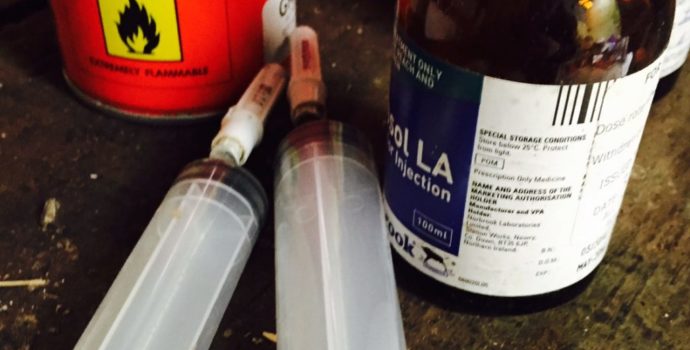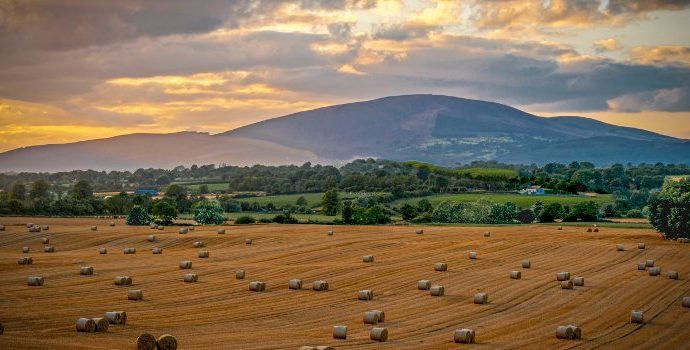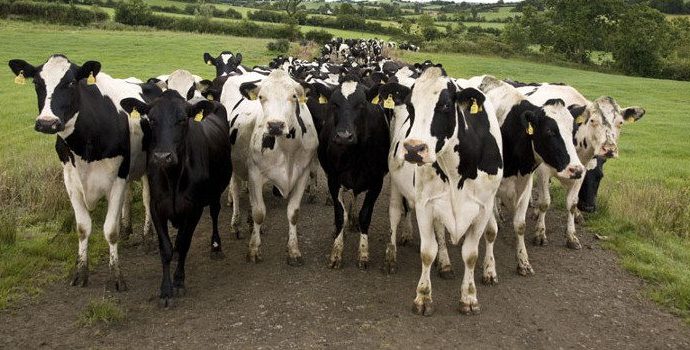IFA Puts Case to Taoiseach for Increased Supports for Sheep Sector

Speaking at the IFA Executive Council today, the Taoiseach Enda Kenny told the IFA Sheep Chairman John Lynskey that the IFA case for €20 per ewe, and pursuing a successful outcome to the EU Sheep Reflection Group set up by Commissioner Hogan, were realistic.
John Lynskey told the Taoiseach that incomes in the sheep sector are low, with farmers very dependent on direct payments. “In the recent CAP reform, direct support for the sheep sector was subsumed into the basic payment. Sheep farmers need a direct payment of €20 per ewe to maintain the national flock. We also need Government support for the workings of the newly- established EU Sheep Reflection Group set up by Commissioner Hogan.”
The Taoiseach said the increase in direct support for the sheep sector of €20 per ewe is a budgetary issue and outlined the need to continue to grow the economy in order to have more resources to allow for such things.
John Lynskey said the sheep sector is very important, involving 34,000 farmers with an output value of €300m and production of 58,000t of lamb. He said a study by UCD showed each €1 in support for the sheep sector underpins €2.70 of aggregate output in the economy.
He said IFA has made good progress on a number of important sheep issues including the reinstatement of grant aid for sheep fencing in TAMS and additional Knowledge Transfer payments for dual enterprises. He said IFA will continue to push hard for increased direct support for sheep farmers. He said the Minister for Agriculture Simon Coveney accepts that sheep farming is a low income sector and needs ongoing support.
John Lynskey said following strong lobbying by the IFA, Minister Coveney agreed to reinstate grant aid for sheep fencing in TAMS II, as part of the RDP amendment plan to Brussels. In addition, he said IFA made Knowledge Transfer payments for farmers with joint enterprises like cattle and sheep farmers a major issue. He said it is now being proposed that farmers with dual enterprises will receive a full KT payment for one enterprise and a 50% KT payment for the second enterprise. “This will be very important for thousands of cattle and sheep farmers who have joint enterprises.”




